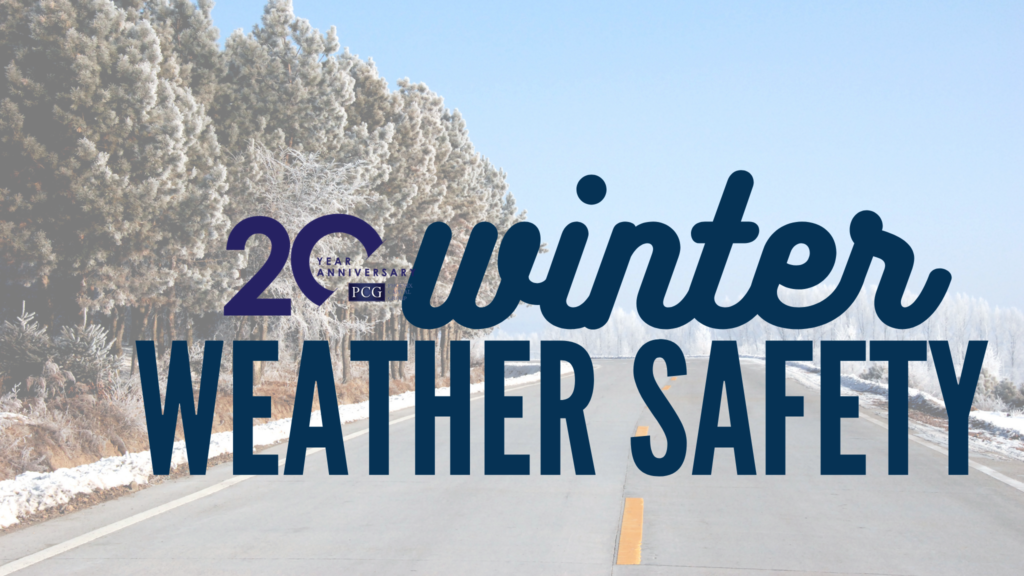Winter Trucking: Keep the Rubber Side Down
Slow you roll
Excessive speed almost always contributes to accidents. Driving at the speed limit may be legal, but is often too fast for snow covered or icy road conditions.
Social distance on the road – keep a safe buffer zone around your truck
We’re all tired of hearing it, but you know it will keep you safe. Social distance your truck! Leave plenty of room between your vehicle and the vehicle in front of your truck, and beside your truck, when possible.
Be the lone wolf, don’t travel as part of a pack
Traffic seems to move in ‘packs’ on the highway. Find a safe way to get away from the pack and travel alone, with the goal being to maximize the distance around your vehicle.
Don’t follow the tail lights of the vehicle ahead
When the snow is so heavy, visibility is low, following the tail lights of the vehicle ahead could lead to danger.
Stop pushing your limits.
The limits of your equipment in this instance. Knowing what your equipment can handle is very important. It’s one of the best ways to stay safe.
When in doubt, park it out
If you’re nervous about driving in bad weather, stay parked. Call your dispatch, have your delivery appointment rescheduled and don’t stress. A nervous truck driver can be just as dangerous as a careless driver.
Carry a bag of kitty litter
Keeping a bag of kitty litter under your bunk doesn’t hurt. Warm tires can turn that snow you parked on into a patch of ice in a short time. Throwing kitty litter under your tires is a good and environmentally safe way to get that little bit of extra traction needed to get you going.
Warm up the windshield
What to do on those really cold days when your windshield is dirty and needs cleaning? Turn your defroster on high for a minute to help warm the glass. I know it says on the jug it’s good to 40 below temperatures. But that only applies when its still in the bottle and lines. The alcohol evaporates faster than the fluid and the fluid can freeze on the window. I like to put a few ounces of brake line antifreeze in with my washer fluid to help prevent this.
Have a hammer and putty knife accessible
Air tanks can freeze up pretty quick. Don’t think that the heat from your motor or the air in your tanks will melt the snow. Compressed air is cooler. Any snow that does melt is going to turn to ice from the cold metal beneath it.
Keep an eye on your trailer tires
Watch your trailer tires often especially when you’ve just hooked up to a trailer. Remember, when the last driver dropped that trailer the brakes were warm. Make sure the wheels are turning. If the brakes are frozen, there are 2 possibilities to check out (1) a frozen valve or (2) the shoes are frozen to the drums.
Go with your gut
If the weather is so severe that you need to get off the road, do it. Find a place to get off the road safely and wait until conditions are safe.
Don’t stop on the shoulder of the road
This pairs perfectly with “don’t follow tail lights”. Especially in low visibility situations, other vehicles can mistake your position for being on the road and as a result, may slam into the back of your rig.
Don’t try to be a hero
When the road conditions are severe, you need to recognize that it’s very dangerous to be out there. Hours of service rules, dispatchers etc., are extra pressures when in a difficult, dangerous position. Don’t feel that you’re letting anyone down by not meeting a scheduled appointment.
